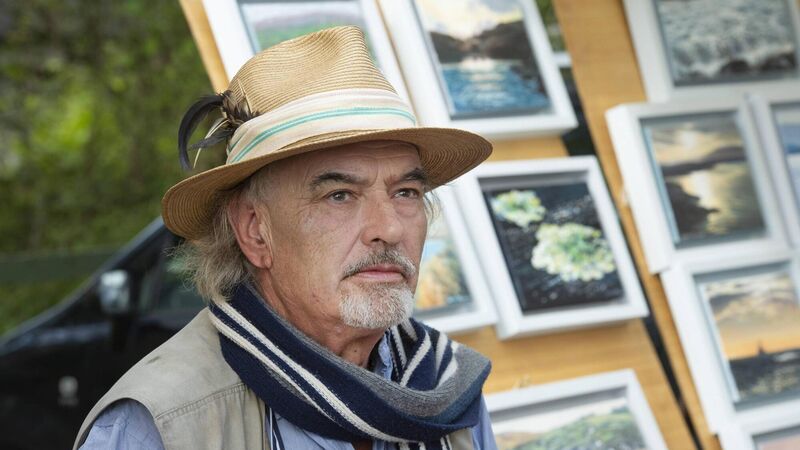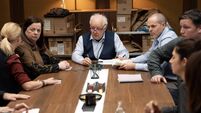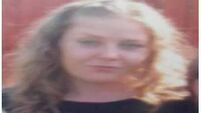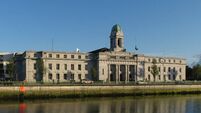Timeline of Ian Bailey's 'David v Goliath battle'

The life of Ian Bailey has had many twists and turns since 1996. Picture: Dan Linehan
The death of Ian Bailey in Bantry brought an end to what he described as a “David v Goliath battle” to clear his name.
The English-born journalist and poet was due to turn 67 years old next Saturday, having protested his innocence in the murder of Frenchwoman Sophie Toscan du Plantier in Toormore, near Schull, in December 1996.
















